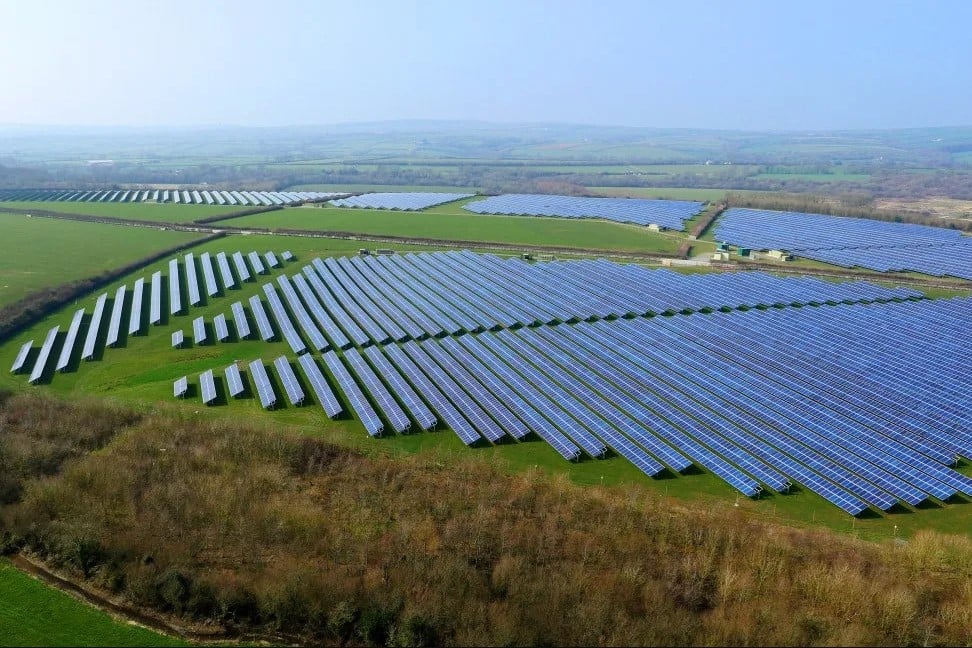
Renewable energy developer Low Carbon has submitted a planning application for its Beacon Fen Energy Park to the UK government.
The proposed development, set to be located on land east of Sleaford, Lincolnshire, will be made up of a 400MW solar PV power plant as well as battery energy storage system (BESS) with capacity of approximately 600MW.
As the solar generation capacity of the solar portion of the development is over 50MW the project is classified as a Nationally Significant Infrastructure Project (NSIP) and thus requires a more extensive review process through the planning inspectorate and the secretary of state for energy.
Now, the planning inspectorate will review the application and decide if it will be accepted for consideration and publish its decision on or before 6 May 2025. If the project is accepted, the NSIP consideration process will begin.
The pre-examination stage, during which the examining authority arranges dates for future hearings in the application and sets draft deadlines for comments, usually takes around three months. The examination stage—when anyone who wishes to can submit comments on the proposed project—is expected to take around six months. The following two stages, the recommendation and decision stages, are expected to take around three months each.
The proposal submitted is somewhat different from Low Carbon’s original plans. Following initial non-statutory consultations and resulting feedback, the scope of the project has been reduced, with Low Carbon choosing to remove the proposal for a part of the project known as Beacon Fen South from the application. What was previously known as Beacon Fen North has now been submitted for consideration.
Solar Power Portal has contacted Low Carbon for comment but has not received a response as of the publication of this story.
Big moves ahead for solar NSIPs
Less than five months into 2025 and the UK solar sector has already seen some significant progress on a number of solar NSIP developments.
At the end of last month, the planning inspectorate revealed it had accepted two utility-scale solar PV power plants for consideration, with a total generation capacity of over 1GW.
The first of these comes from German renewable energy developer RWE, who has put forward plans for a 320MW solar PV power plant in in the East Riding of Yorkshire, the Peartree Hill Solar Farm. This project, set to be located around eight miles north west of Hull, will also feature a co-located BESS.
Meanwhile, PS Renewables and Ørsted have had plans for their proposed 740MW One Earth Solar Farm in Nottinghamshire accepted for consideration by the planning inspectorate. If a development consent order (DCO) is granted for this project, it could become one of the largest solar PV power plants in the UK. This project will also feature a co-located BESS, however the capacity and duration of this system has not yet been revealed.

